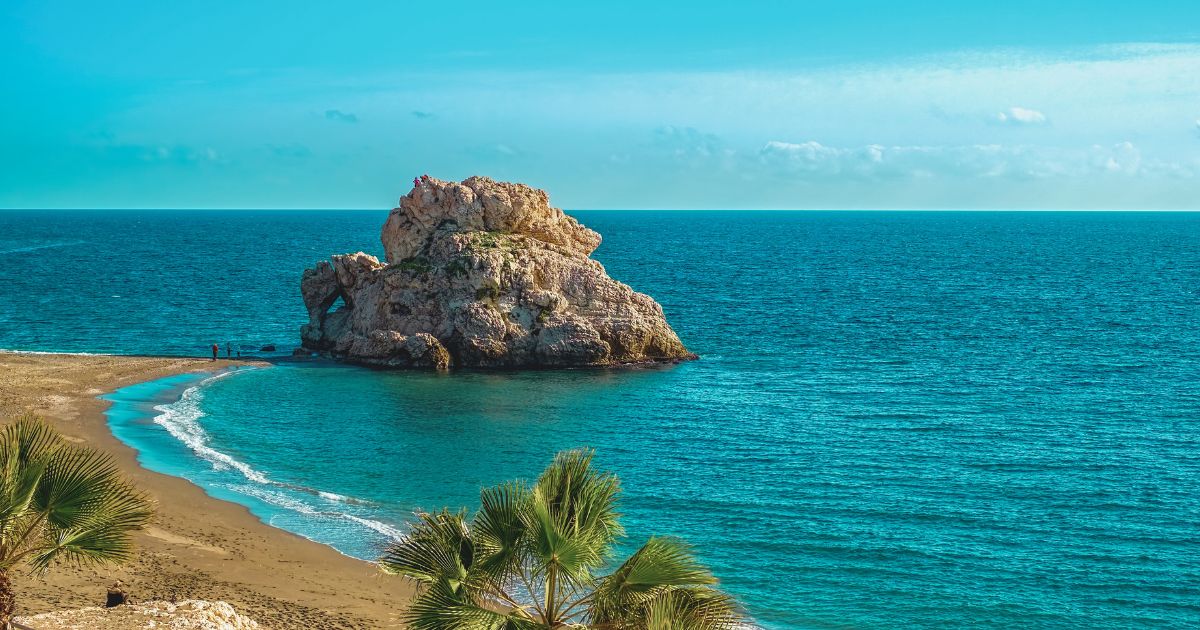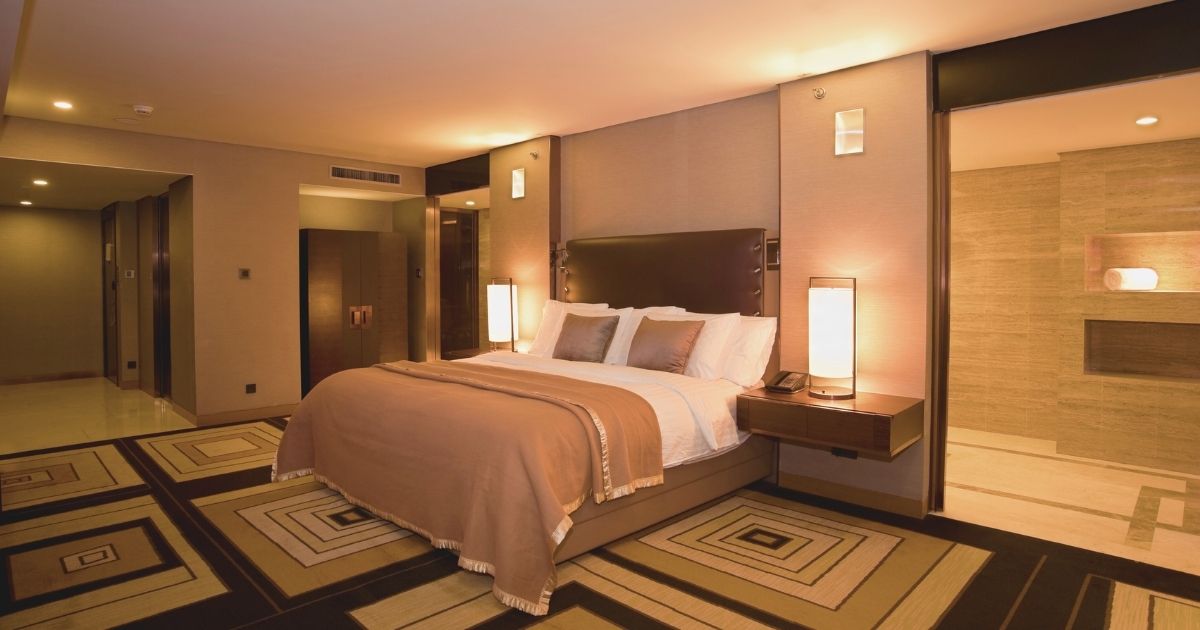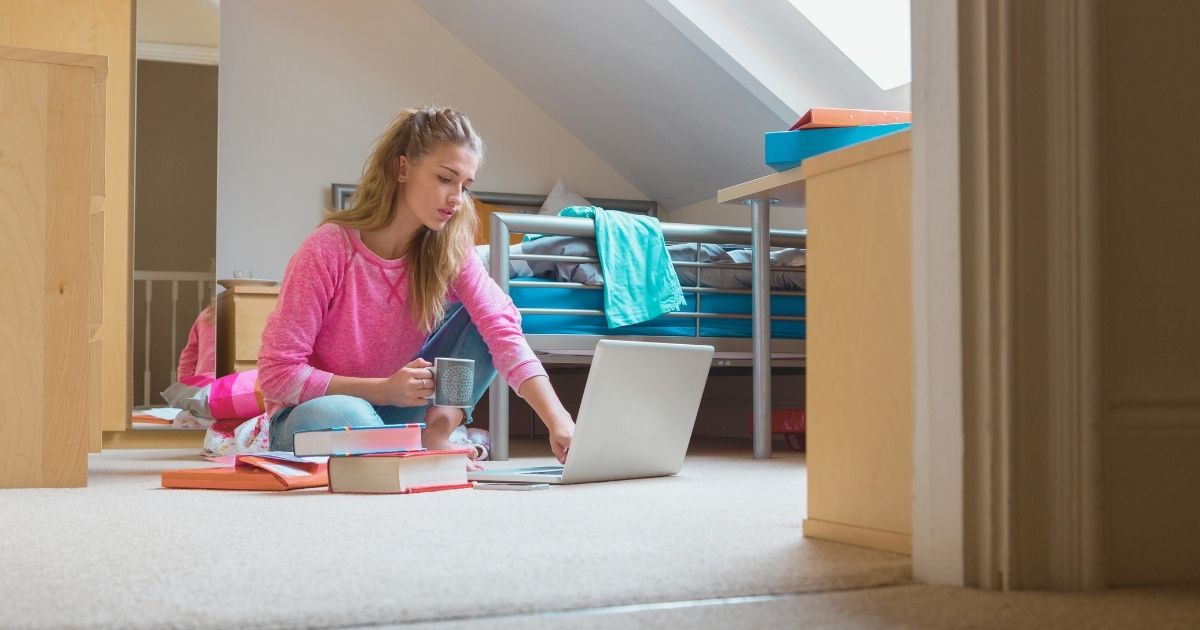Malaga’s Mediterranean charm, vibrant culture, and growing digital nomad community make it an increasingly popular destination for location-independent professionals seeking the perfect work-life balance.
Understanding the cost of living in Malaga, Spain, is essential for digital nomads looking to budget effectively while enjoying all this coastal gem has to offer. From affordable accommodation options to daily expenses and entertainment costs, having a clear financial picture helps you make informed decisions.
This comprehensive guide breaks down everything you need to know about the cost of living in Malaga Spain, from housing and utilities to food, transportation, and leisure activities that make this Andalusian city so appealing to remote workers worldwide.
Understanding the cost of living in Malaga compared to other European cities
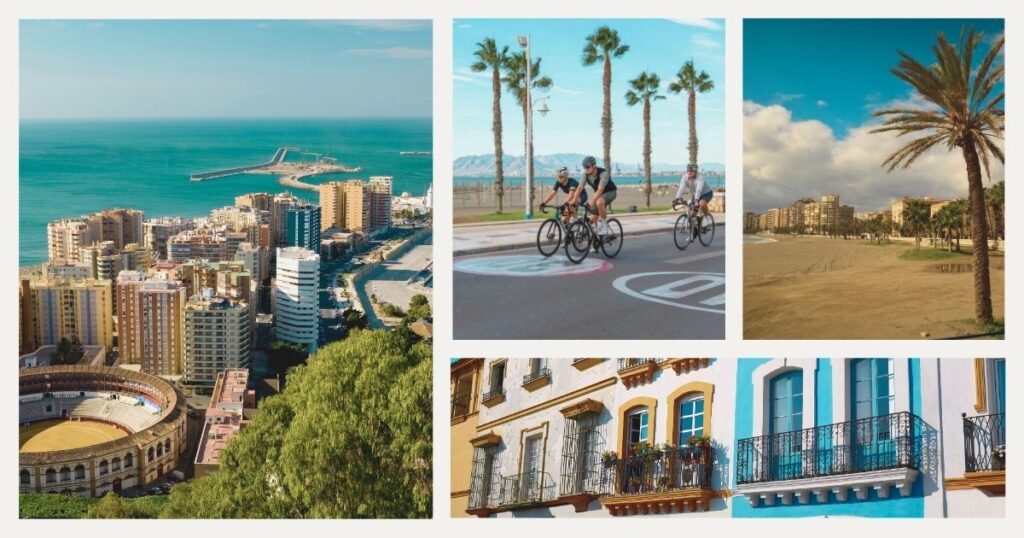
Before diving into specific expenses, it’s helpful to contextualize the cost of living in Malaga Spain within the broader European landscape. Malaga consistently ranks as one of the more affordable major cities in Western Europe, making it particularly attractive to digital nomads.
How Malaga stacks up against Madrid and Barcelona
When comparing the cost of living in Malaga Spain to the country’s larger metropolitan areas, you’ll find significant savings. Housing costs in Malaga typically run 30-40% lower than in Madrid or Barcelona, while everyday expenses like groceries and dining out are around 15-20% less. This affordability doesn’t come at the expense of urban amenities or cultural opportunities, making it an excellent value proposition.
🌟 Pro tip: when calculating your budget for Malaga, don’t simply convert from high-cost locations like London or Paris. Instead, research actual local prices to avoid overestimating your monthly expenses by as much as 40%.
Seasonal variations in expenses
The cost of living in Malaga fluctuates seasonally, with notable price increases during summer months when tourism peaks. Accommodation costs can rise by 20-30% between June and September, particularly in beach-adjacent neighborhoods. Dining and entertainment also see price bumps during this high season.
Many experienced digital nomads strategically plan longer stays during shoulder seasons (April-May and October-November) when the cost of living in Malaga reaches its sweet spot—offering excellent weather without the premium prices of peak tourist season.
Housing costs: finding your perfect Malaga home base
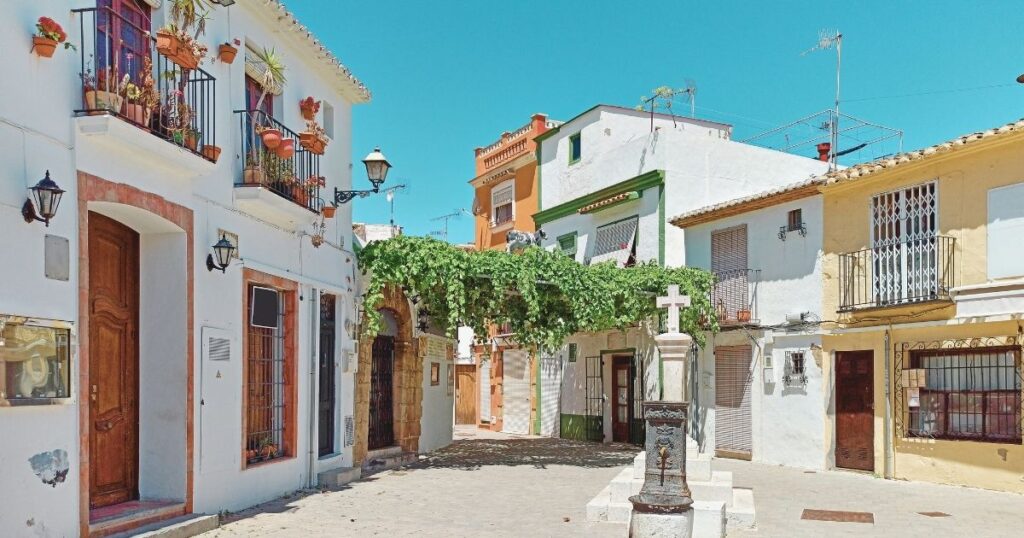
Housing will likely represent your largest expense when considering the overall cost of living in Malaga, Spain. The city offers diverse options from modern apartments in the historic center to more spacious accommodations in residential neighborhoods.
Rental prices by neighborhood
The Centro Histórico (Historic Center) commands premium prices, with one-bedroom apartments typically ranging from €700-900 monthly for long-term rentals. Just slightly removed from the center, neighborhoods like Soho and El Ejido offer similar amenities at 10-15% lower costs.
For better value, many digital nomads explore areas like Pedregalejo, El Palo, and Ciudad Jardín, where comparable accommodations might cost €550-750 monthly while still offering excellent amenities and easy access to the city center.
Short-term vs. long-term accommodation options
Short-term rentals significantly impact your cost of living in Malaga, Spain. Monthly rates on platforms like Airbnb can be 40-60% higher than traditional long-term leases, especially during tourist season. However, they offer flexibility that many digital nomads value.
For stays exceeding three months, negotiating directly with landlords or using local platforms like Idealista can substantially reduce your housing costs. Many property owners offer 20-30% discounts for 6+ month commitments, dramatically improving your overall cost of living in Malaga.
🌟 Pro tip: look for apartments that include utilities in the rental price, as individually metered services like electricity can fluctuate significantly, especially if you’re running multiple devices for remote work.
Co-living spaces and digital nomad housing
Malaga’s growing popularity among remote workers has sparked a vibrant co-living scene that affects the cost of living. Purpose-built spaces like The Living Room and Co-Living Malaga offer fully-furnished accommodations with built-in communities, workspaces, and utilities.
While the €600-800 monthly price point might seem comparable to traditional rentals, the inclusion of high-speed internet, cleaning services, and networking opportunities provides value that many digital nomads find worthwhile. These spaces also eliminate the administrative hurdles of setting up utilities and internet services independently.
Day-to-day expenses for digital nomads in Malaga
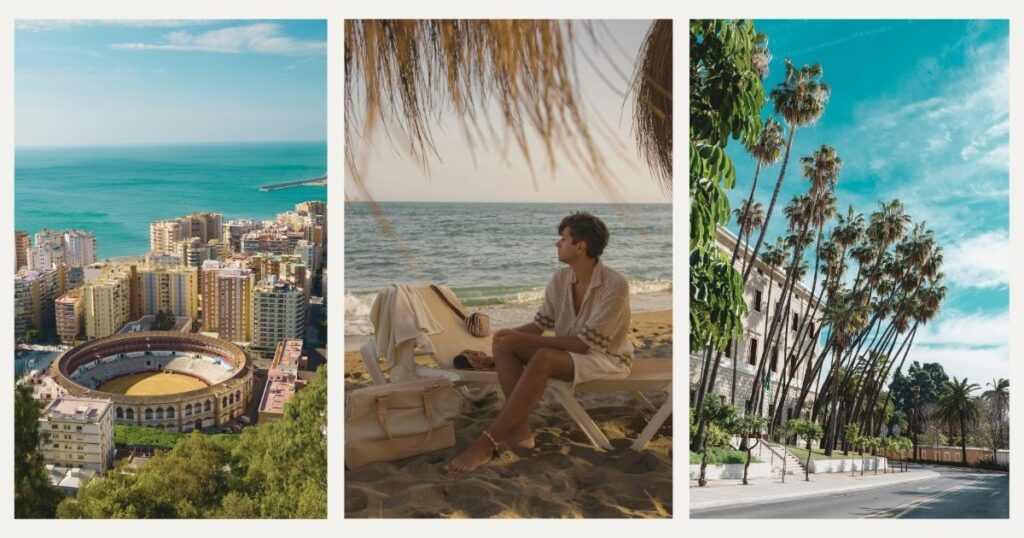
Beyond housing, understanding daily expenses is crucial to accurately assessing the cost of living in Malaga, Spain. From groceries and dining to transportation and connectivity, these recurring costs significantly impact your monthly budget.
Food and grocery expenses
Grocery shopping in Malaga is reasonably priced, especially when utilizing local markets and Spanish supermarket chains. A typical weekly grocery bill ranges from €40-60 for one person, focusing on local and seasonal products. Mercadona and Aldi offer excellent value, while specialty items from international stores command premium prices.
The tradition of “menú del día” (daily set lunch menu) provides exceptional value at €10-15 for a three-course meal with drink, substantially lowering your food-related cost of living in Malaga compared to dinner service at the same establishments.
Transportation options and costs
Malaga’s compact city center is highly walkable, reducing transportation expenses for those living centrally. The city’s efficient public transportation includes:
- Single bus tickets: €1.30
- 10-journey card: €8.30
- Monthly unlimited pass: €39.95
- Bicycle sharing program: €25 annual fee plus usage rates
- Typical taxi fare across town: €6-10
- Electric scooter rentals: €1 to unlock plus €0.15-0.25 per minute
💡 Did you know? Malaga’s extensive bicycle infrastructure has expanded by over 40km in the past five years, making cycling a viable year-round option that significantly reduces your transportation costs while improving your quality of life.
Digital nomad connectivity needs
Reliable internet is non-negotiable for remote workers, and this aspect of the cost of living in Malaga deserves special attention. Home internet packages start around €30-40 monthly for fiber connections (typically 300Mbps-1Gbps), while mobile data plans with major providers like Movistar, Orange, and Vodafone start at €10-15 for basic packages.
For digital nomads who need immediate connectivity upon arrival or travel frequently between Spanish cities, a dedicated travel eSIM solution from Holafly eliminates the hassle of physical SIM cards while ensuring you maintain reliable connection for client calls and project deadlines regardless of where your Andalusian adventures take you.
Work environments and professional expenses
The work environment you choose significantly impacts both your productivity and your cost of living in Malaga, Spain. The city offers diverse options to match different work styles and budgets.
Coworking space memberships
Malaga’s coworking scene has exploded in recent years, with options ranging from budget-friendly to premium experiences. Typical monthly membership costs include:
- Hot desk arrangements: €120-180 monthly
- Dedicated desks: €180-250 monthly
- Private offices: starting at €350 monthly
- Day passes: €15-25 for occasional use
- Meeting room access: often included or available at hourly rates
Key considerations when selecting a coworking space:
- Location relative to your accommodation
- Quality of internet connection and backup systems
- Available meeting rooms and phone booths
- Community events and networking opportunities
- Air conditioning during summer months
- Available hours (24/7 access vs. business hours only)
🌟 Pro tip: many coworking spaces offer significant discounts for quarterly or annual commitments, potentially reducing this aspect of your cost of living in Malaga Spain by 15-25%. Some spaces also partner with local cafés and restaurants for member discounts.
Café work culture and expenses
Malaga’s café culture provides an alternative workspace option that influences your cost of living. Working from cafés typically costs €2-4 per coffee or beverage, with many establishments happy to host remote workers during non-peak hours. Premium locations with ocean views or in the historic center might charge slightly more.
For optimal café working, establish a rotation of 3-4 reliable spots with good WiFi, appropriate noise levels, and comfortable seating. This approach minimizes your daily expenses while maintaining positive relationships with local businesses.
Lifestyle and leisure expenses
The enviable Mediterranean lifestyle is a major draw for digital nomads, and understanding these discretionary expenses helps complete your picture of the cost of living in Malaga, Spain.
Entertainment and cultural activities
Malaga’s rich cultural scene offers exceptional value, with many activities either free or surprisingly affordable:
- Museum entrance fees: €6-10 (many offer free admission on Sunday afternoons)
- Cinema tickets: €7-9
- Theater performances: Starting around €15
- Live music venues: €5-15 for local performances
- Beach clubs: free access to €20 entrance (excluding consumptions)
- Flamenco shows: €15-30
The city’s calendar of festivals and events provides free entertainment throughout the year, from Semana Santa processions to summer ferias, significantly enhancing your lifestyle without increasing your cost of living in Malaga, Spain.
Health and wellness considerations
Maintaining physical and mental wellbeing is essential for digital nomads, and Malaga offers numerous affordable options:
- Gym memberships: €30-60 monthly
- Yoga classes: €10-15 per session or €50-80 for monthly unlimited
- Beach workout groups: often free or donation-based
- Hiking in nearby natural parks: free
- Private health insurance: €50-100 monthly for basic coverage
- Dental cleanings: €40-60
For many digital nomads, the availability of outdoor activities and natural environments provides substantial wellness benefits that positively offset other aspects of the cost of living.
Final thoughts on the cost of living in Malaga, Spain
When all factors are considered, the cost of living in Malaga typically ranges from €1,300-2,000 monthly for digital nomads, depending on housing choices, work environment preferences, and lifestyle. This represents excellent value compared to other Western European destinations offering similar climate and quality of life.
The city’s combination of affordability, infrastructure, climate, and culture creates an exceptionally well-balanced environment for remote workers. While not as inexpensive as some Southeast Asian digital nomad hubs, Malaga offers the advantages of European infrastructure and proximity at a fraction of the cost of Northern European or major metropolitan centers.
Most importantly, the cost of living in Malaga Spain remains flexible, allowing digital nomads to scale their expenses based on income fluctuations without sacrificing quality of life—a flexibility that many location-independent professionals find invaluable.
Whether you’re planning a short stint or considering making Malaga your long-term base, understanding the nuances of expenses helps you create a sustainable nomadic lifestyle. For more insights on creating an ideal work-life balance in Andalusia, explore Nomada’s guide to Spanish digital nomad visas to ensure your legal status matches your lifestyle ambitions.
Take your next step toward Mediterranean digital nomad freedom with Nomada 👉
Frequently asked questions about the cost of living in Malaga, Spain
A budget-conscious digital nomad can manage on €1,300-1,500 monthly in Malaga by choosing shared accommodation, cooking most meals at home, using public transportation, and taking advantage of free or low-cost leisure activities.
Malaga is typically 10-15% more expensive than Valencia or Granada, but 15-25% less expensive than Barcelona or Madrid. The city offers an excellent balance of amenities, climate, and value compared to both larger and smaller Spanish cities.
While not essential, basic Spanish skills can significantly reduce your cost of living through better rental negotiations, access to local-oriented businesses, and stronger connections with local merchants who might offer preferential pricing.
Finding affordable summer accommodation requires planning 3-4 months in advance and focusing on residential neighborhoods rather than tourist areas. Consider long-term contracts that include summer months or house-sitting opportunities.
Full-time café working typically costs €150-250 monthly in purchases, compared to €120-180 for hot desk coworking. The decision should consider not just cost but also productivity, networking opportunities, and work-life separation.
